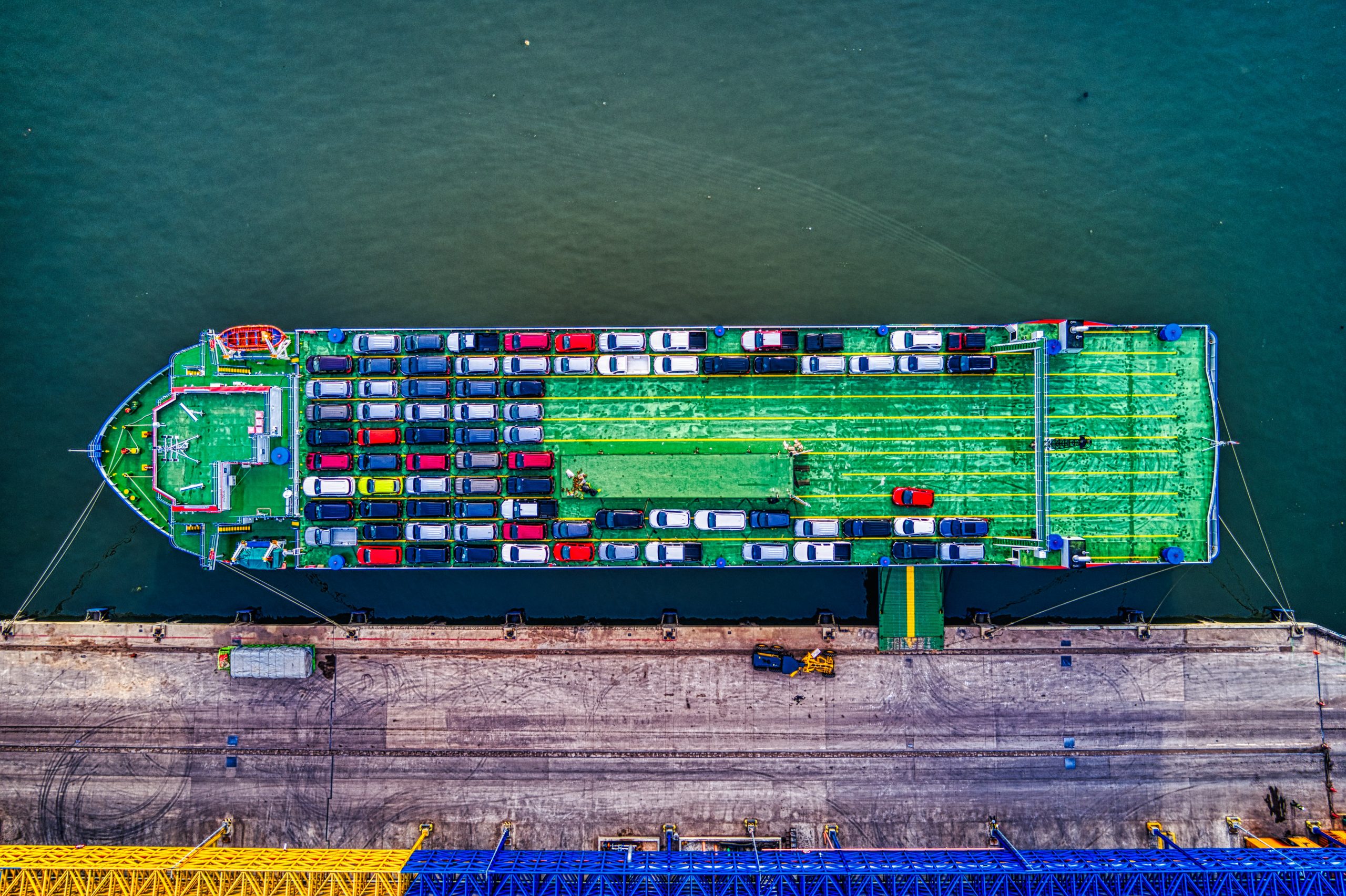Navigating the World of Export-Import Licenses in India: A Comprehensive Guide
Export Import licence-Introduction
Export Import licence-Exporting and importing goods are crucial components of international trade, and in India, the process is governed by various regulations, including the requirement for obtaining an Export-Import (Exim) license. This comprehensive guide will walk you through the process of obtaining an Exim license in India, including eligibility criteria, registration, documents checklist, procedures, and the expected time frame.
Understanding Export-Import Licenses in India
An Export-Import license, often referred to as an IEC (Import Export Code), is a mandatory document for individuals or businesses engaged in international trade activities involving the import and export of goods and services. This code is issued by the Directorate General of Foreign Trade (DGFT), Ministry of Commerce and Industry, Government of India.
Eligibility Criteria
Before applying for an Exim license, it’s essential to determine whether you meet the eligibility criteria:
Business Entity:Individuals, companies, partnerships, and LLPs are eligible to apply for an IEC.
Business Activity:You must be involved in activities related to international trade, such as importing or exporting goods or services.
Registration Process – Export Import licence
Obtaining an Export-Import license in India involves a systematic registration process:
Online Application:Visit the DGFT’s official website and fill out the online application form for an IEC. Provide accurate and up-to-date information about your business and its activities.
Document Submission:Prepare a documents checklist, which typically includes:
a. **PAN (Permanent Account Number) Card**
b. **Proof of Identity:** Passport, Aadhar card, or Voter ID
c. **Proof of Address:** Utility bills, rent agreement, or property documents
d. **Bank Certificate:** A letter from your bank confirming your account details
e. **Cancelled Cheque:** With the applicant’s pre-printed name or bank statement
f. **Passport-sized Photographs:** Recent photographs of the applicant
g. **Business Proof:** Depending on your business type, this may include the partnership deed, LLP agreement, or company incorporation certificate.
Fees Payment: Pay the required fee for processing the IEC application. The fee varies depending on the nature of the applicant (individual or business entity).
Application Submission:Submit the completed application along with the supporting documents to the relevant DGFT regional office.
Verification:The DGFT may verify the submitted documents and the details provided in the application.
Issuance of IEC:Upon successful verification, the DGFT will issue your Import Export Code, which is essential for international trade operations.
Time Frame
The time frame for obtaining an IEC in India varies depending on the efficiency of the DGFT regional office and the completeness of your application. In most cases, it takes approximately 5 to 10 working days from the date of application submission to receive your IEC.
**Export Promotion Council of India: Boosting Exports and Economic Growth**
Export Promotion Councils (EPCs) play a pivotal role in India’s efforts to boost exports, promote economic growth, and strengthen its position in the global market. These councils are dedicated organizations formed to support various industries and sectors in achieving their export potential. One prominent example is the Federation of Indian Export Organisations (FIEO), which serves as the apex body for promoting and assisting Indian exports. In this article, we delve into the functions and significance of Export Promotion Councils, explore export leads, and discuss the affiliation and recognition of these councils.
The Role of Export Promotion Councils in India – Export Import licence
Export Promotion Councils are not-for-profit organizations established by the Indian government to facilitate and enhance the export performance of specific industries or sectors. Their primary functions include:
Market Research and Analysis: EPCs conduct market research to identify export opportunities, demand trends, and potential markets for specific products or services. This data helps Indian businesses make informed decisions about their export strategies.
Policy Advocacy:EPCs work closely with government bodies to advocate for policies and measures that benefit the export sector. They represent the interests of their respective industries and provide valuable input into trade-related policies.
Export Promotion and Development:EPCs organize trade fairs, exhibitions, and seminars to promote Indian products and services abroad. They also facilitate participation in international events, enabling Indian businesses to showcase their offerings to a global audience.
Skill Development and Training:EPCs provide training and skill development programs to enhance the export capabilities of businesses, including knowledge on trade regulations, documentation, and export finance.
Documentation and Compliance:They assist exporters in complying with documentation requirements, export-import procedures, and quality standards.
Export Leads: A Gateway to International Markets
Export leads are valuable pieces of information about potential buyers, partners, or customers in international markets. EPCs often maintain databases of such leads, which can be accessed by Indian exporters looking to expand their reach. These leads may include:
Buyer Information:Details about foreign buyers interested in specific Indian products or services.
Trade Inquiries:Requests for quotations or proposals from international entities seeking Indian suppliers.
Market Insights: Information on emerging trends, regulations, and market conditions in various countries.
Access to export leads helps Indian businesses connect with international partners, identify sales opportunities, and expand their market presence.
Affiliation and Recognition of Export Promotion Councils
To ensure the effectiveness and credibility of EPCs, the Indian government recognizes and regulates their activities. Affiliation and recognition involve the following steps:
Formation and Registration:An EPC is formed by industry stakeholders, and it must be registered as a non-profit entity under the relevant laws.
Application for Recognition:The EPC applies to the Directorate General of Foreign Trade (DGFT) for recognition. The DGFT evaluates the council’s constitution, objectives, financial structure, and management.
Recognition by DGFT:Upon satisfying the criteria, the DGFT grants recognition to the EPC, enabling it to operate as an official export promotion body.
Ongoing Compliance: Recognized EPCs must adhere to DGFT guidelines, maintain financial transparency, and fulfill their stated objectives to retain their status.
Conclusion
Obtaining an Export-Import license in India is a critical step for individuals and businesses looking to engage in international trade. By adhering to the eligibility criteria, carefully following the registration process, and providing the required documents, you can acquire your IEC efficiently. This code opens the door to a world of opportunities for importers and exporters, facilitating smooth and legal international trade transactions. Ensure that you keep your IEC updated and comply with any changes in regulations to continue conducting seamless cross-border business operations.
Source: About DGFT



